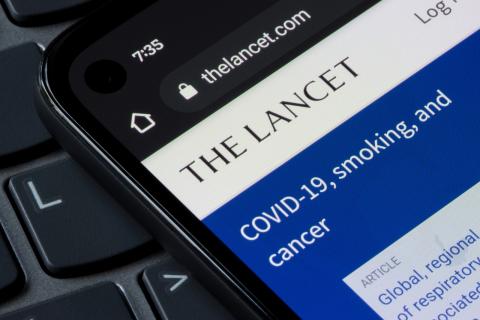Taking zinc could shorten the duration of a cold by two days, Cochrane review finds
A new Cochrane review has found that taking zinc may help reduce the duration of cold symptoms by about two days, although the authors point out that the evidence is inconclusive and that possible benefits need to be weighed against side effects.

Harri Hemilä - zinc resfriados EN
Harri Hemilä
Researcher at the Department of Public Health at the University of Helsinki (Finland)
Some general notes. One issue is novelty. There is no novelty in concluding that zinc lozenges shorten colds. George Eby was an american chemist and zinc lozenges was his invention. He summarized the findings 20 years ago.
I have published several analyses with different approaches:
- https://www.ncbi.nlm.nih.gov/pmc/articles/PMC4359576
- https://www.ncbi.nlm.nih.gov/pmc/articles/PMC5061795
- https://www.ncbi.nlm.nih.gov/pmc/articles/PMC5418896
I mean that one issue in science is novelty and there is no novelty in stating that zinc is effective. As far as I read the abstract, the authors do not propose they have any new interpretations, different from those published previously. I have followed the literature and there are no new studies after my own analyses.
Of course it is good to advertice the effect. George Eby was not able to convince medical authorities to become interested.
In the abstract the new Cochrane review does not separate lozenges and nasal zinc administration and that is an obvious flaw. Furthermore, nasal administration has been widely discouraged because there have been serious adverse effects, and therefore it should not be analyzed together with lozenges.
There is no consideration of doses, though I and Eby have shown that dosage matters.
The previous Cochrane review was withdrawn for plagiarism. The JAMA summary, associated with the previous Cochrane review, was also retracted.
Nault et al.
- Peer reviewed
- Systematic review



